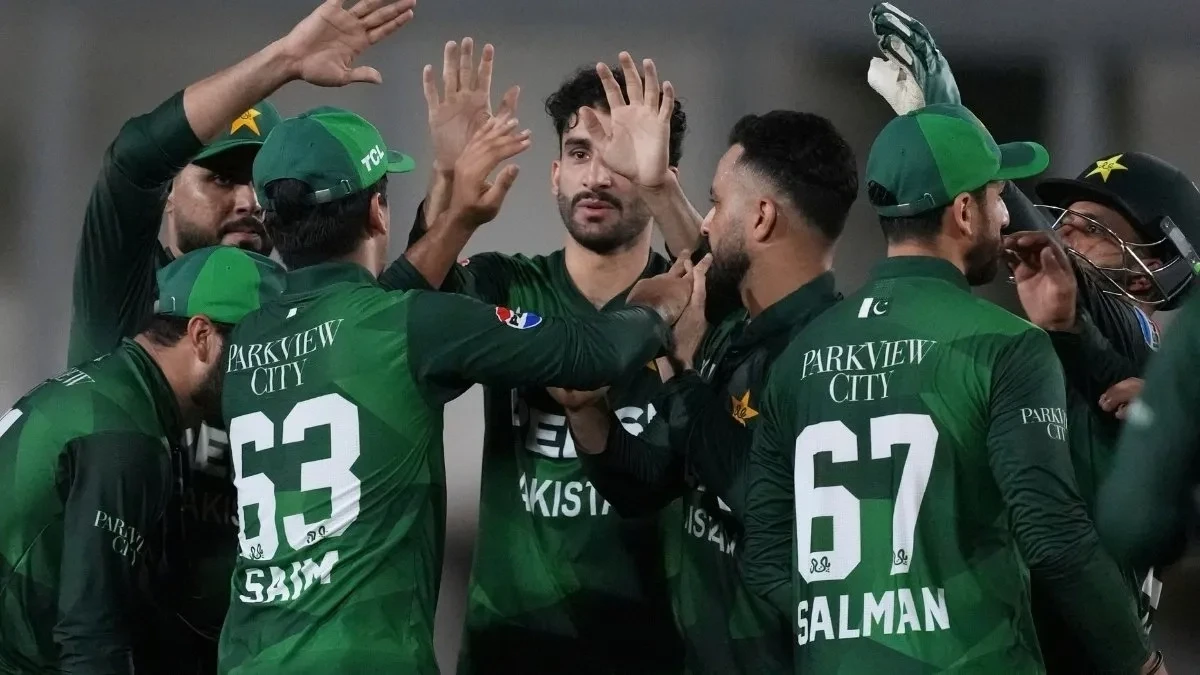The 17th edition of Asia Cup is set to start from September 9 as eight Asian teams collide for continental supremacy.
Pakistan, two-time champions of Asia Cup, will be hoping for a decent outing as they lock horns with other Asian giants.
This will be their 16th participation in the tournament, same number as India, whom they will face in a high-voltage battle on September 14.
India declined to participate in 1986 Asia Cup, and Pakistan did the same in the 1990-91 edition. The fourth Asia Cup was held in India from December 1990 to January 1991. Instead of featuring its fiercest rivalry, the tournament was reduced to India, Sri Lanka, and Bangladesh, as Pakistan withdrew over worsening political relations with India.
Why did Pakistan boycott 1990-91 Asia Cup?
Political Tensions and the Kashmir Dispute
The late 1980s saw a sharp escalation in the Kashmir conflict. The Siachen Glacier standoff and increased border incidents strained ties. Although India toured Pakistan in late 1989, relations deteriorated soon after. The Pakistan Cricket Board (PCB) pulled out of the 1990-91 Asia Cup in protest against India’s policies in Kashmir.
Bilateral Cricket Freeze
The boycott was part of a broader halt in India-Pakistan cricket. Having co-hosted the 1987 Reliance World Cup, the two nations now avoided high-profile encounters on each other’s soil. Bilateral cricket only resumed with India’s 1997-98 tour of Pakistan. Similar tensions also led to the 1993 Asia Cup cancellation.
Impact on the 1990-91 Asia Cup
Pakistan’s absence removed the traditional India-Pakistan clash, lessening the tournament’s mass appeal. Hosts India dominated, defeating Sri Lanka in the final, highlighted by Kapil Dev’s hat-trick. Bangladesh, still an associate member, struggled but gained experience. Mohammad Azharuddin was declared Man of the Match in the final.
